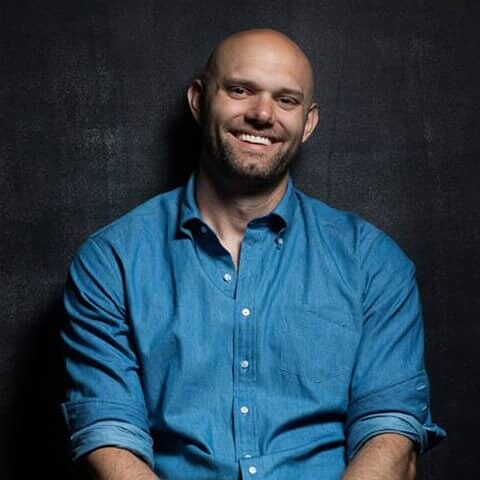 author
authorMichael Powell
Michael Latham Powell (30 September 1905 – 19 February 1990) was an English filmmaker, celebrated for his partnership with Emeric Pressburger. Through their production company The Archers, they together wrote, produced and directed a series of classic British films, notably The Life and Death of Colonel Blimp (1943), A Canterbury Tale (1944), I Know Where I'm Going! (1945), A Matter of Life and Death (1946, also called Stairway to Heaven), Black Narcissus (1947), The Red Shoes (1948), and The Tales of Hoffmann (1951).
His controversial 1960 film Peeping Tom, today considered a classic, and a contender as the first "slasher", was so vilified on first release that his career was seriously damaged. Many filmmakers such as Martin Scorsese, Francis Ford Coppola and George A. Romero have cited Powell as an influence. In 1981, he received the BAFTA Academy Fellowship Award along with his partner Pressburger, the highest honour the British Film Academy can give a filmmaker.
He has been played on screen by Alastair Thomson Mills in the award-winning short film Òran na h-Eala (2022) which explores Moira Shearer's life-changing decision to appear in The Red Shoes. Powell was the second son and youngest child of Thomas William Powell, a hop farmer, and Mabel, daughter of Frederick Corbett, of Worcester, England. Powell was born in Bekesbourne, Kent, and educated at The King's School, Canterbury and then at Dulwich College. He started work at the National Provincial Bank in 1922 but quickly realised he was not cut out to be a banker.
Powell entered the film industry in 1925 through working with director Rex Ingram at the Victorine Studios in Nice, France (the contact with Ingram was made through Powell's father, who owned a hotel in Nice). He first started out as a general studio hand, the proverbial "gofer": sweeping the floor, making coffee, fetching and carrying. Soon he progressed to other work such as stills photography, writing titles (for the silent films) and many other jobs including a few acting roles, usually as comic characters. Powell made his film début as a "comic English tourist" in The Magician (1926).
Returning to England in 1928, Powell worked at a diverse series of jobs for various filmmakers including as a stills photographer on Alfred Hitchcock's silent film Champagne (1928). He also signed on in a similar role on Hitchcock's first "talkie", Blackmail (1929). In his autobiography, Powell claims he suggested the ending in the British Museum which was the first of Hitchcock's "monumental" climaxes to his films. Powell and Hitchcock remained friends for the remainder of Hitchcock's life.
After scriptwriting on two productions, Powell entered into a partnership with American producer Jerry Jackson in 1931 to make "quota quickies", hour-long films needed to satisfy a legal requirement that British cinemas screen a certain quota of British films. During this period, he developed his directing skills, sometimes making up to seven films a year.
Although he had taken on some directing responsibilities in other films, Powell had his first screen credit as a director on Two Crowded Hours (1931). This thriller was considered a modest success at the box office despite its limited budget. From 1931 to 1936, Powell was the director of 23 films, including the critically received Red Ensign (1934) and The Phantom Light (1935).
In 1937 Powell completed his first truly personal project, The Edge of the World. Powell gathered together a cast and crew who were willing to take part in an expedition to what was then a very isolated part of the UK. They had to stay there for quite a few months and finished up with a film which not only told the story he wanted but also captured the raw natural beauty of the location.
By 1939, Powell had been hired as a contract director by Alexander Korda on the strength of The Edge of the World. Korda set him to work on some projects such as Burmese Silver that were subsequently cancelled. Nonetheless, Powell was brought in to save a film that was being made as a vehicle for two of Korda's star players, Conrad Veidt and Valerie Hobson. The film was The Spy in Black, where Powell first met Emeric Pressburger in 1939.
Best author’s book



















